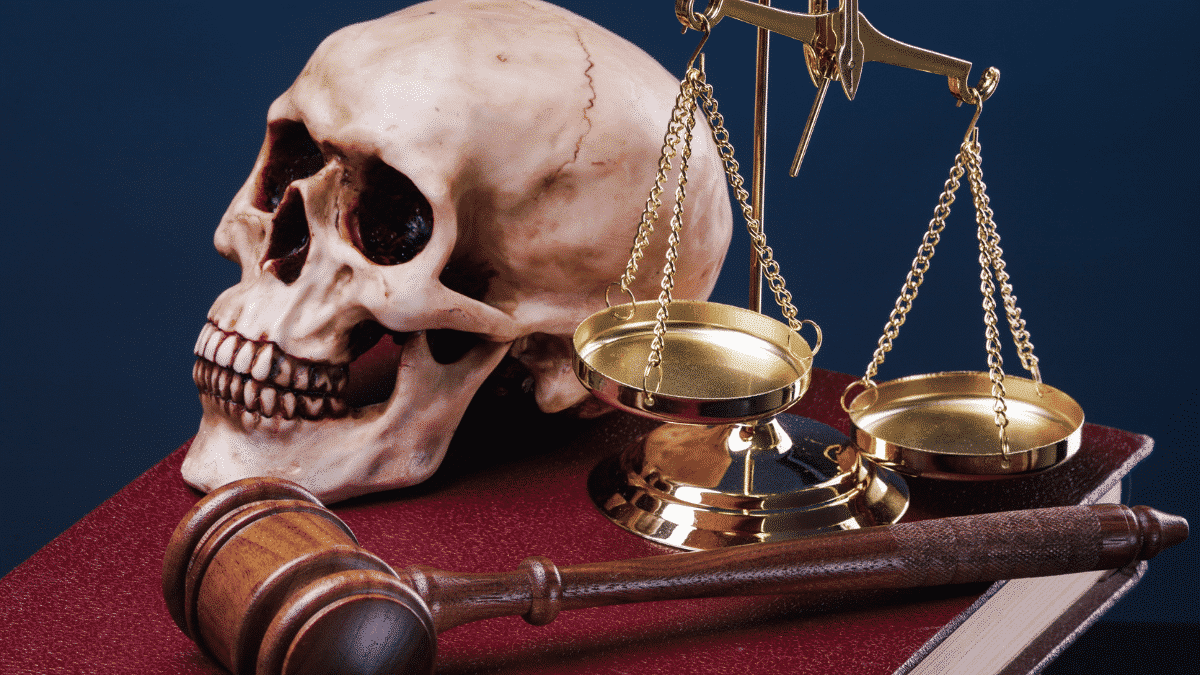Plagiarism and Surviving the Career Death Penalty

What becomes of authors and journalists when they commit plagiarism? The answer isn’t straightforward.
For some, such as Jayson Blair, Jonah Lehrer and (so far) Filip Miucin they never really work in their fields again. Though comebacks may be attempted, they are controversial and quickly rebuffed. Even if they do manage to work again in the field, it’s never at the same level or height.
For others, such as Benny Johnson and Marie-Louise Gumuchian it’s little more than a speedbump. They may be fired or have other punitive action taken, but largely continue their career. Though some, like Gumuchian, learn their lesson and do great work after their scandal, others, like Johnson, never really do.
Still others seem to suffer no real consequences at all. This would include Fareed Zakaria, Margaret Wente and even Jane Goodall. In all of these cases, compelling evidence of plagiarism in their work was found but they were largely allowed to clean up the specific mistakes found and then move on.
Why is it that plagiarism is treated so radically between case to case? Looking through the list above, there is little common thread. The celebrity status of the plagiarist, the severity of the plagiarism itself and when it took place is all over the map.
If plagiarism is meant to be a “capital offense” in journalism and writing, why do so many plagiarists find ways to survive? What will likely happen to you if you’re the subject of a plagiarism scandal of your own? The answer often comes down to simple math.
Surviving a Plagiarism Scandal
Whether you’re an author, journalist or another type of creative, your likely fate after a plagiarism scandal can be neatly summed up with two values:
- The Value You Bring to Your Employer/Publisher/Audience: If you are seen as a valuable asset to your employer, they are more likely to maintain your position or to quickly find a new place to land.
- The Damage That Having You Does To Them: Hiring or publishing someone that has a reputation for plagiarism or other ethical violations carries a risk. The greater the risk, the more likely that the scandal will be career-ending.
While this may seem like pure logic, it’s important to remember that we are talking about an ethical infraction and one that is seen as serious. In an ideal universe, the perceived value one can bring wouldn’t be a part of the equation as the ethics would be judged on their own.
That, however, clearly is not the case. Some serial plagiarists, like Benny Johnson, get chance after chance while others, like Jonah Lehrer, are forced out of the industry entirely.
The problem is that the two variables have almost nothing to do with the plagiarism itself. Though theoretically, more serious plagiarism should do more harm to a prospective employer, that’s not the case. Filip Miucin plagiarized a single review (that’s been confirmed) and made international news while many news outlets declined to even call Jane Goodall’s copying “plagiarism”.
Instead, the severity of the plagiarism is determined by a variety of factors that have little do with the actual copying. Who was plagiarized from? What type of piece was it? What connection did the audience feel with the author? Did the plagiarism become a major news story?
These are not objective ways of looking at plagiarism but play a very big part in determining how the public feels about a plagiarism and, thus, a plagiarist.
As a result, the chance of any plagiarist surviving a plagiarism scandal likely hinges more on the variables around it than the misdeed itself. While that is grossly unfair to many who find themselves on the outside looking in, it’s also the reality we live in.
Time Doesn’t Heal All Wounds

The next obvious question is “When can a former plagiarist come back?” The answer is likely never.
To be clear, time does reduce the harm a plagiarist does to an employer or publisher. As the story drifts from people’s minds, the harm becomes less and less.
However, so does the value the plagiarist brings. After all, it isn’t just the scandal that fades into the background, it’s the plagiarist themselves. As time passes they go from being an active and well-known author with a tarnished reputation to being an inactive and less-known author with a still-tarnished reputation.
One thing that has been very consistent is that plagiarists that do resume their careers almost always do so very quickly. Though there’s a temptation to let things cool off, waiting too long doesn’t seem to do any favors either.
If you are the subject of a plagiarism scandal and want to keep working in the industry. Your best bet is to either fight for your current position or seek a new place to land quickly. With plagiarism, time does not heal all wounds.
Bottom Line
If you find yourself the subject of a plagiarism scandal, your fate isn’t likely to be determined by the misdeed itself. It’s going to be a matter of both what you offer and the public’s perception of your story. Those things have little to do with the ethics of plagiarism but it’s the reality we live in.
One thing you should hope is that it is your employer or publisher, not the public, that discovers the plagiarism. As the Marie-Louise Gumuchian case showed when the employer catches the issue and addresses it largely internally, there’s a much greater chance you’ll be able to move on as the harm you do to your current or future employer is much less.
After all, you don’t have the cloud hanging over your name in the same way you would if it had become a major news story. Though Gumuchian’s firing was reported by both CNN, her former employer, and other news outlets, it never became as big of a story as it would had it been discovered by those outside her organization.
This is one of the key reasons why news agencies and publishers alike need to get in front of plagiarism. It doesn’t just protect their reputation, it protects their writers.
However, that’s not the direction journalism nor publishing is heading. As such, it seems likely we’ll have a large number of new plagiarism scandals and an equal number of people looking for a way to survive them.
Want to Reuse or Republish this Content?
If you want to feature this article in your site, classroom or elsewhere, just let us know! We usually grant permission within 24 hours.
